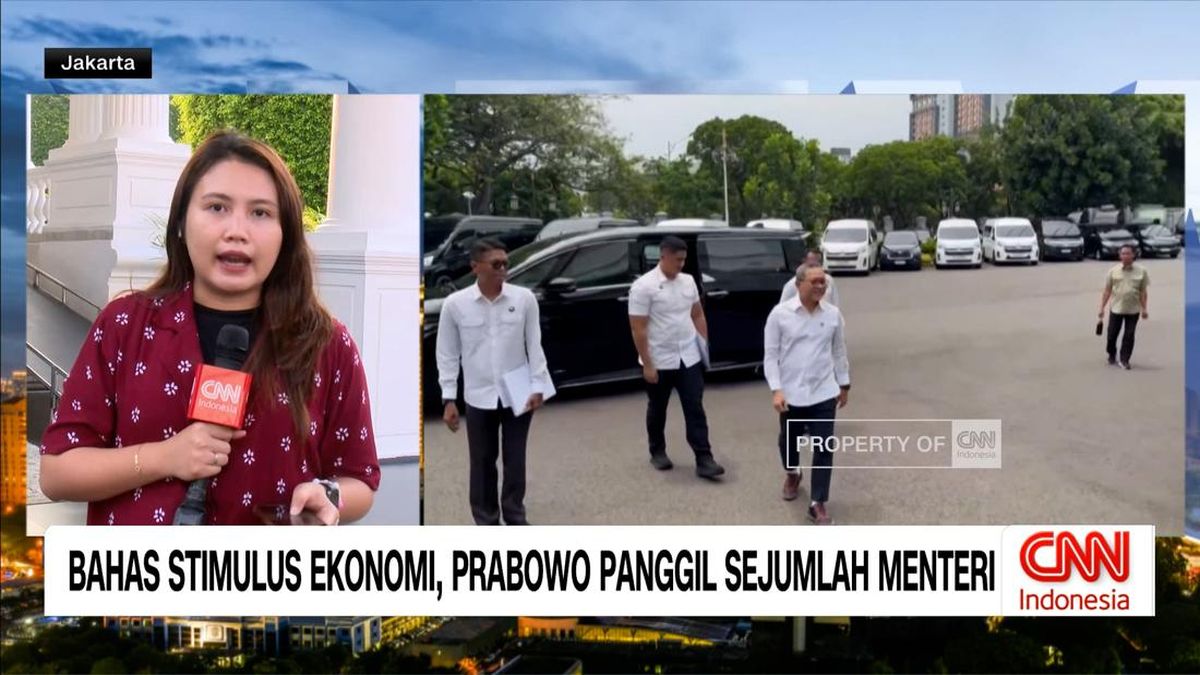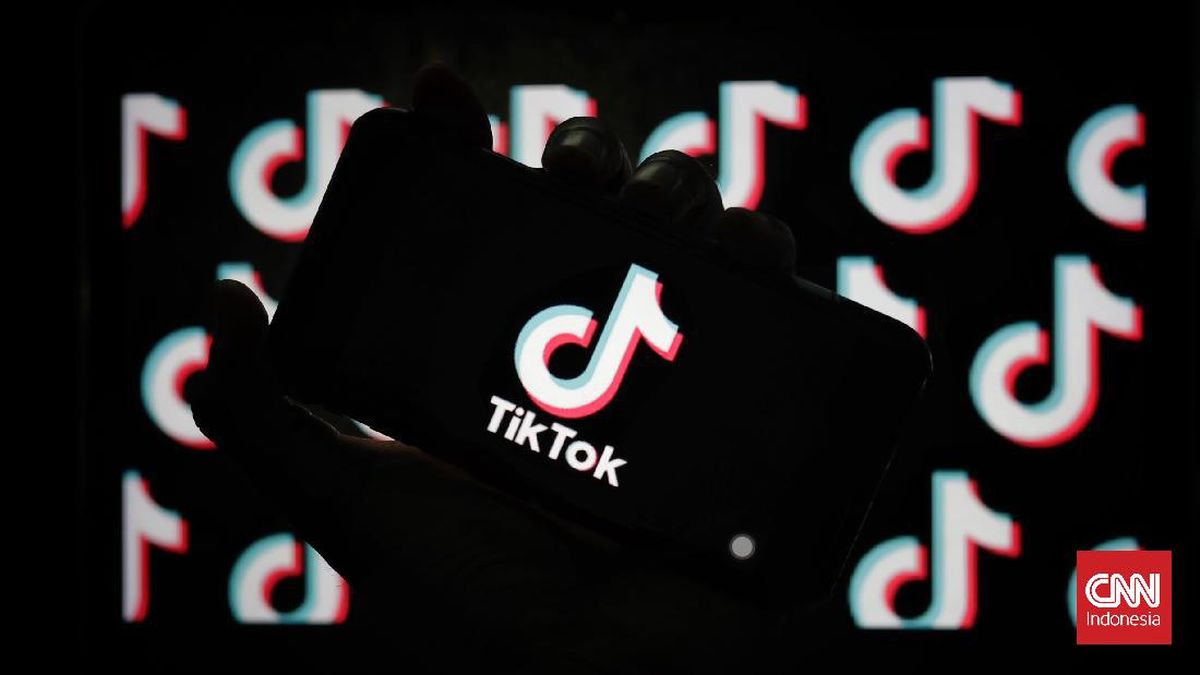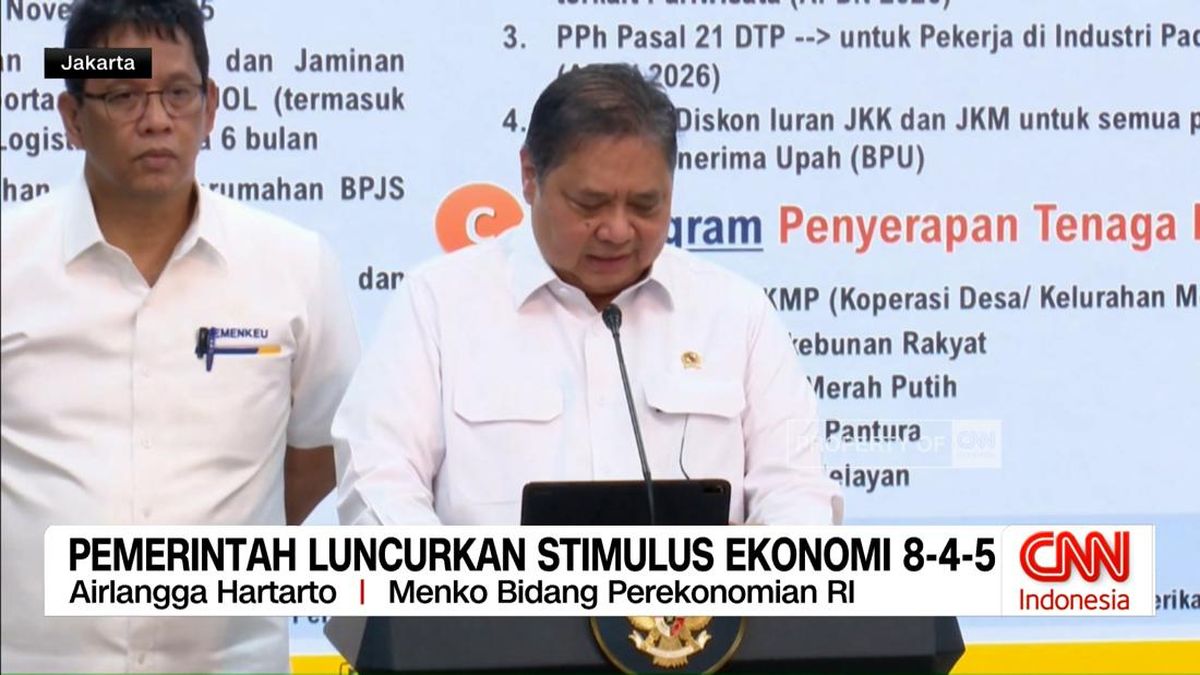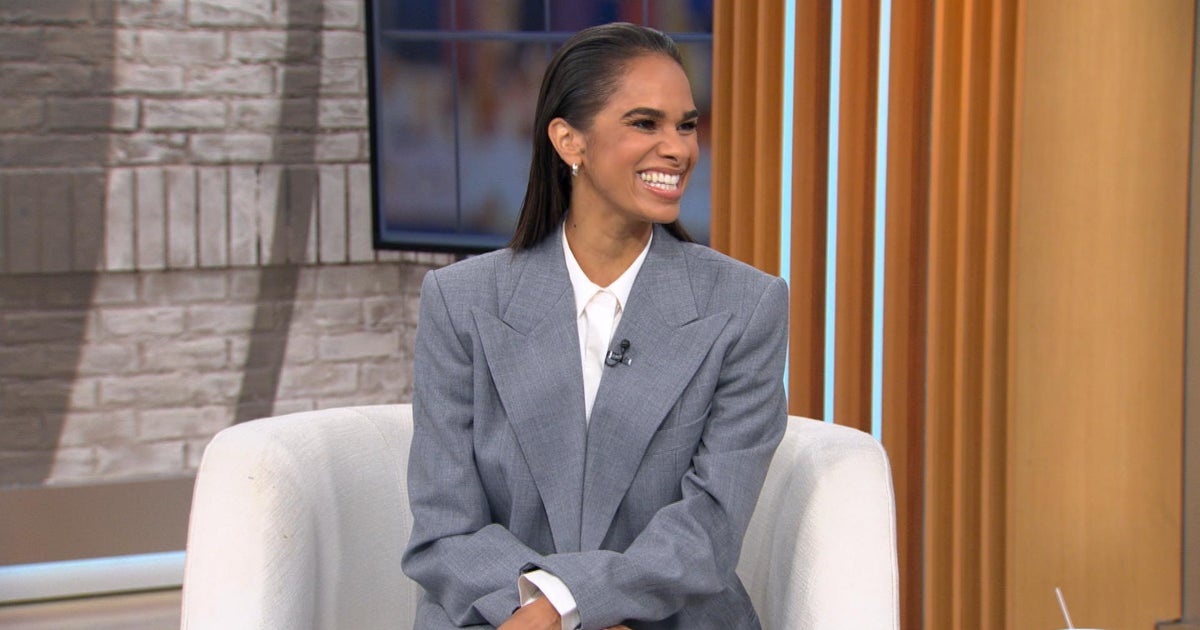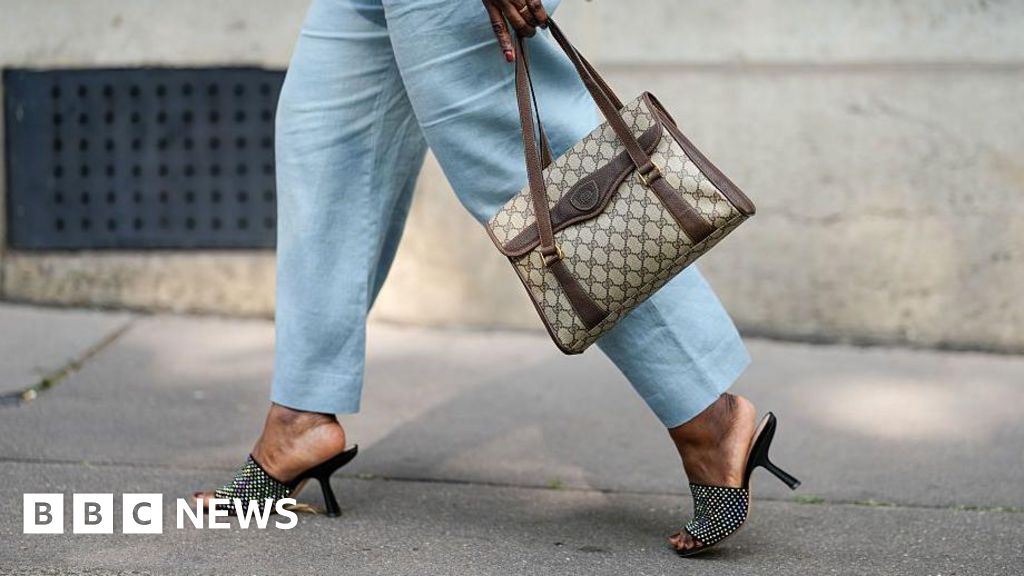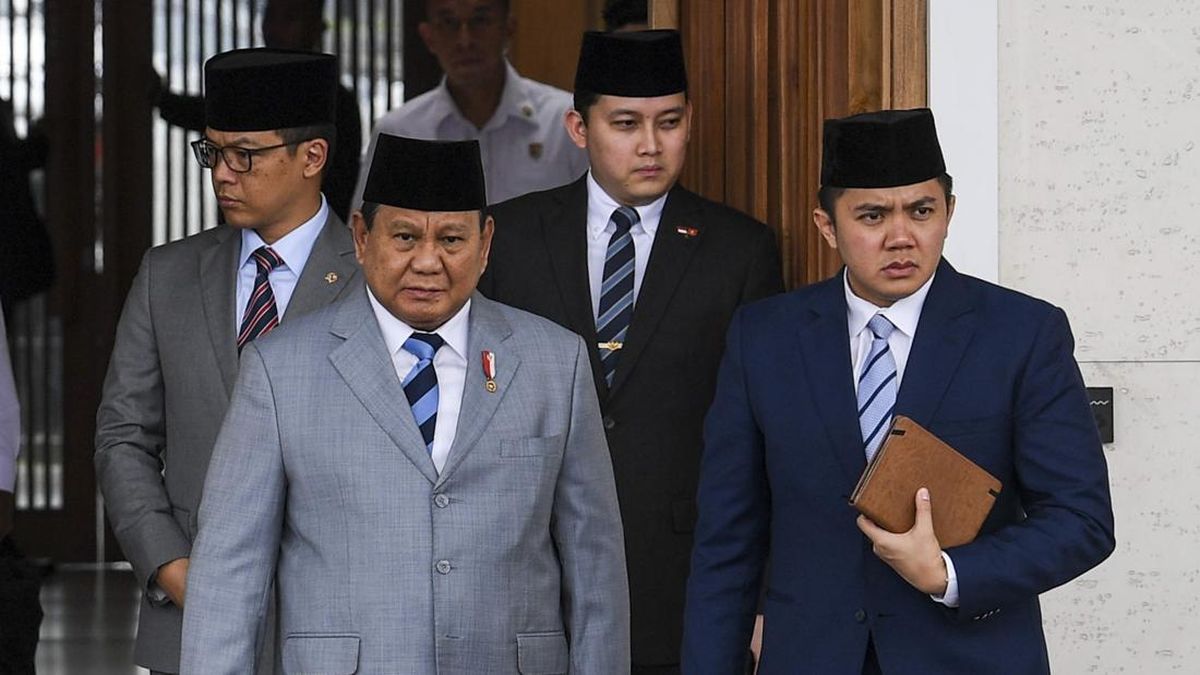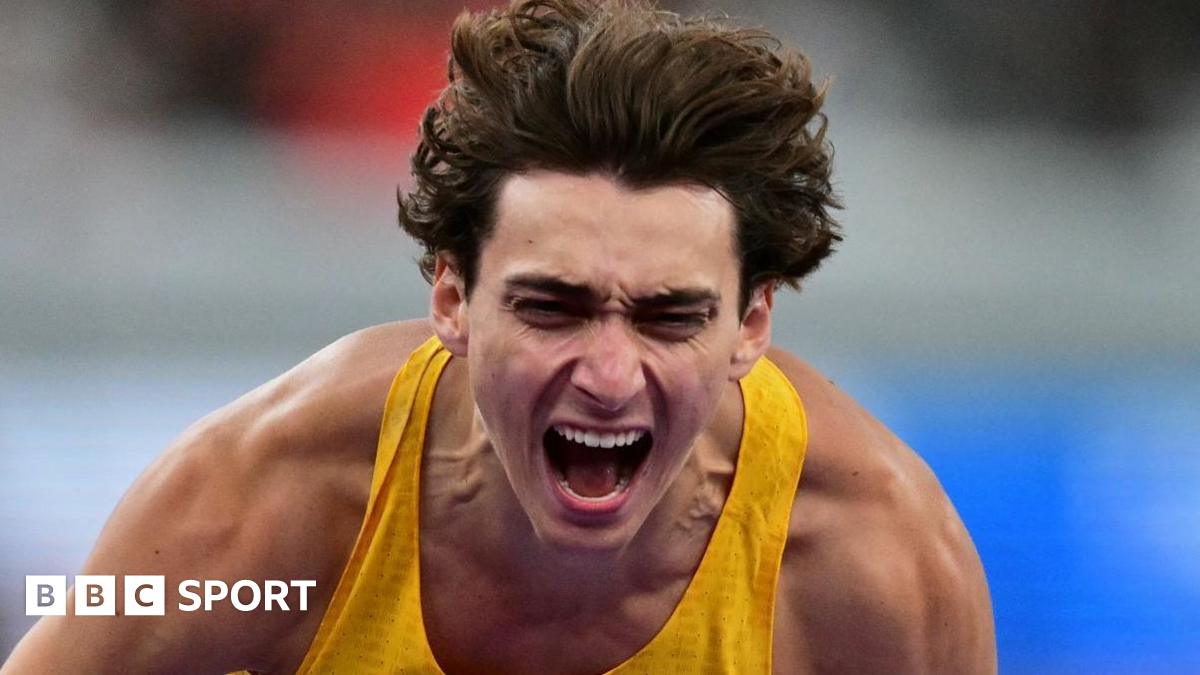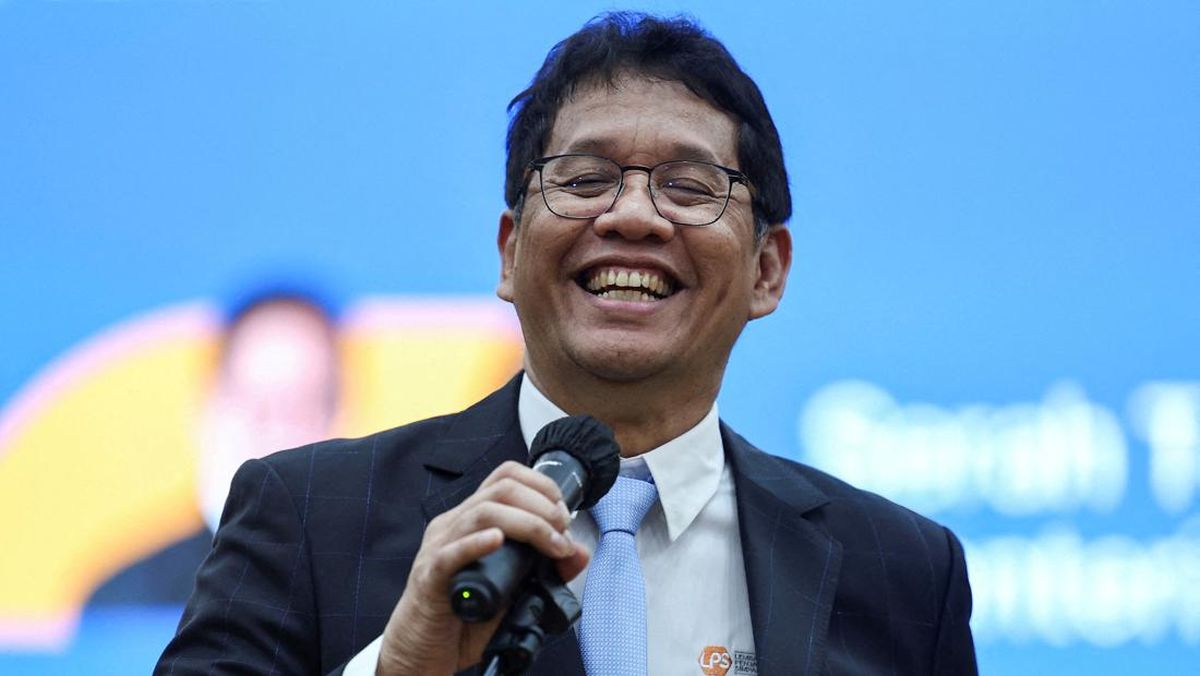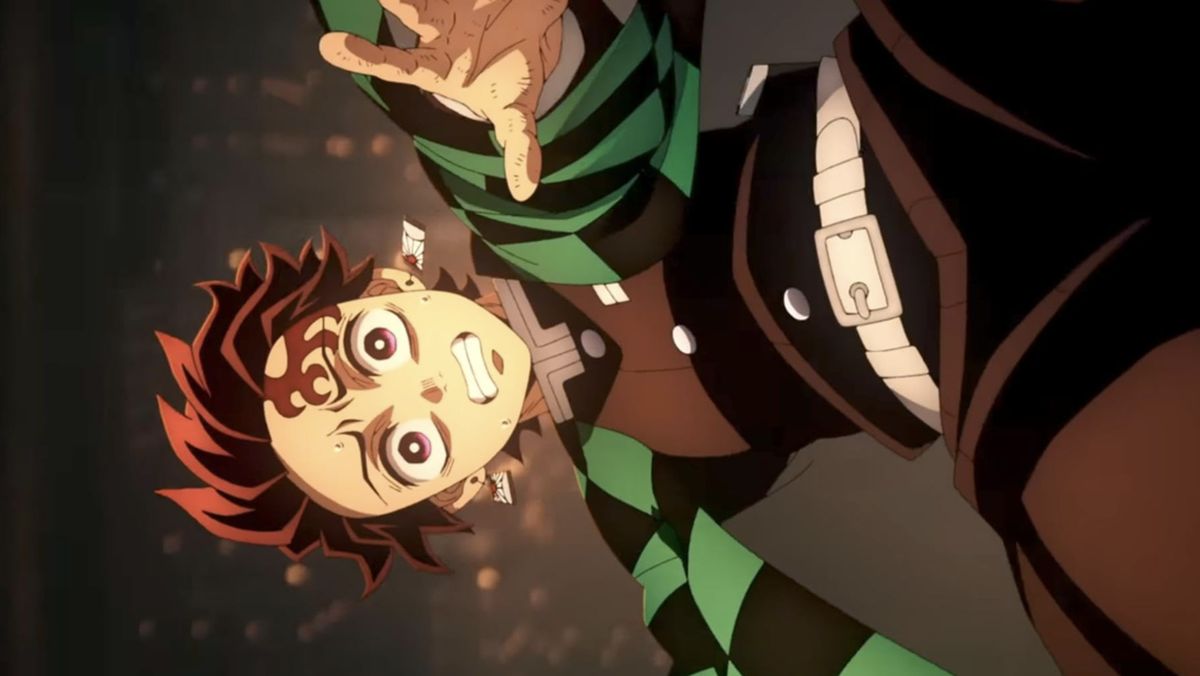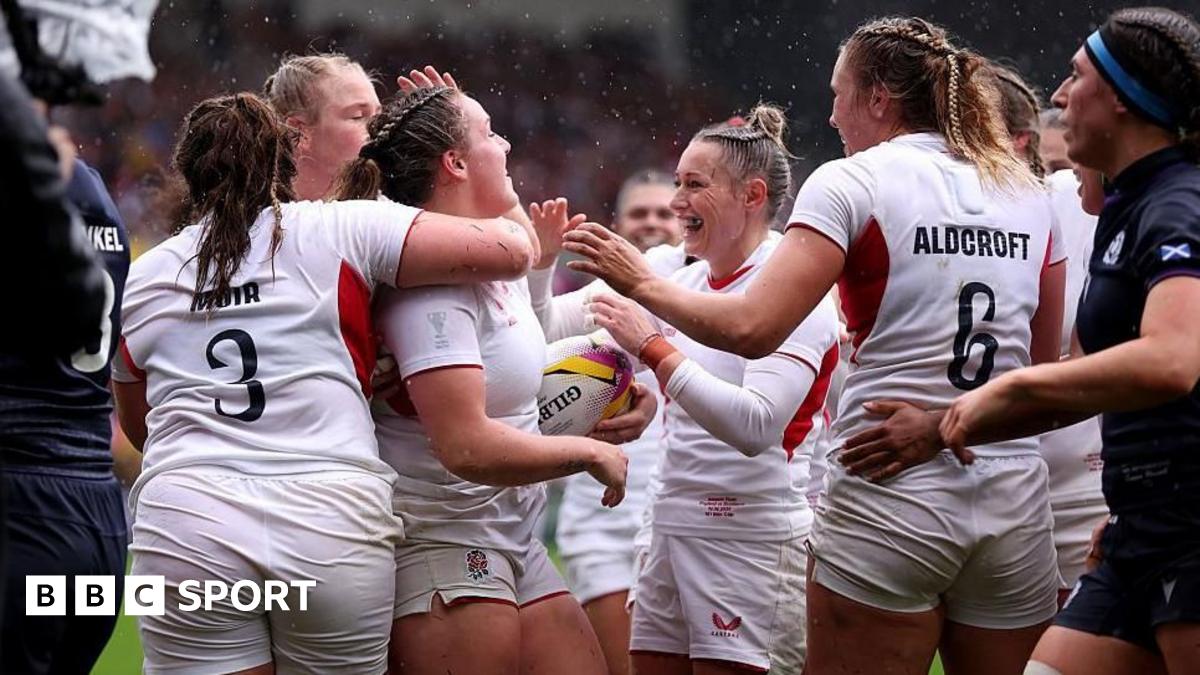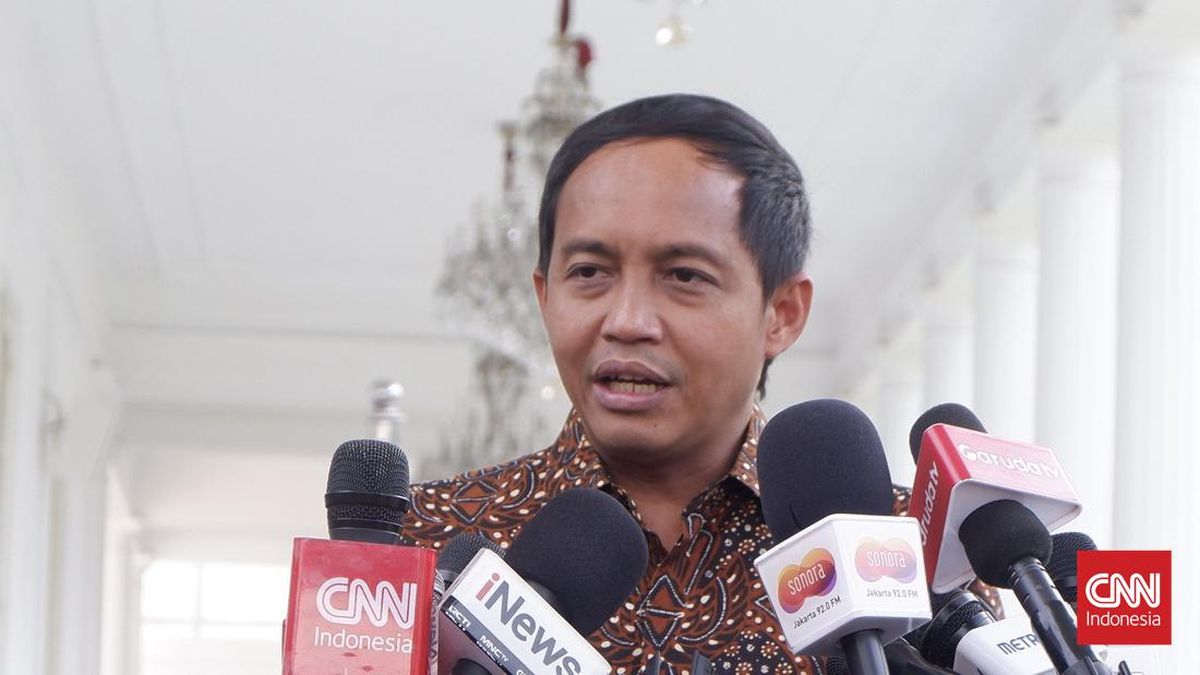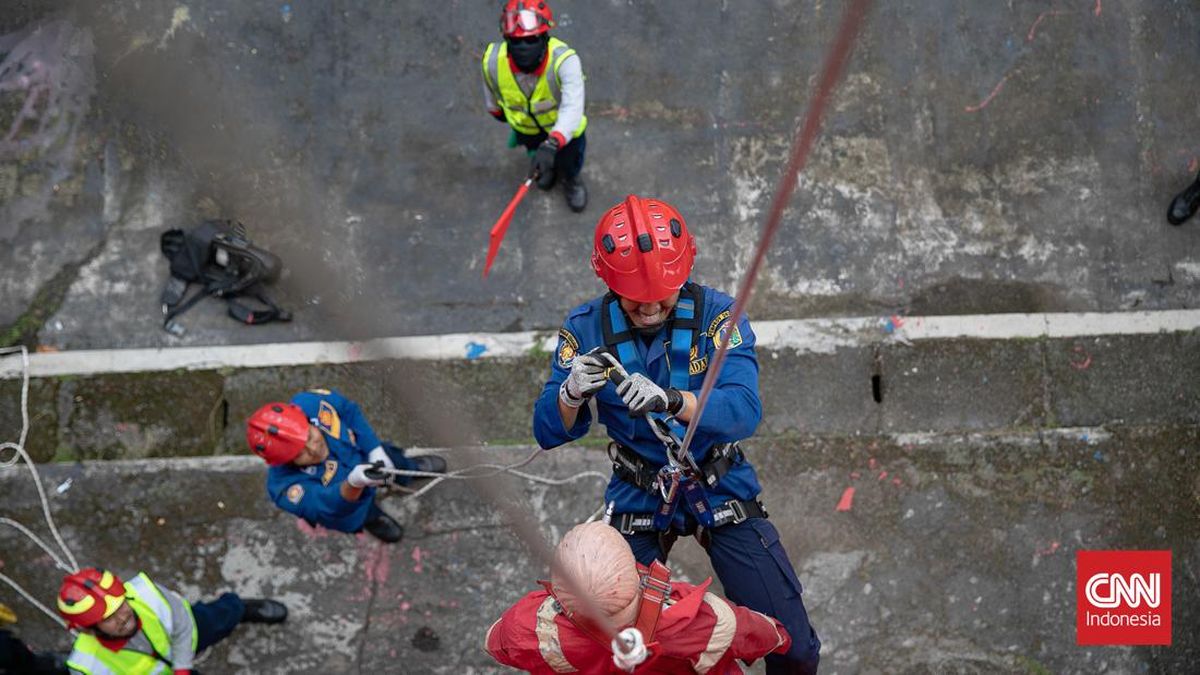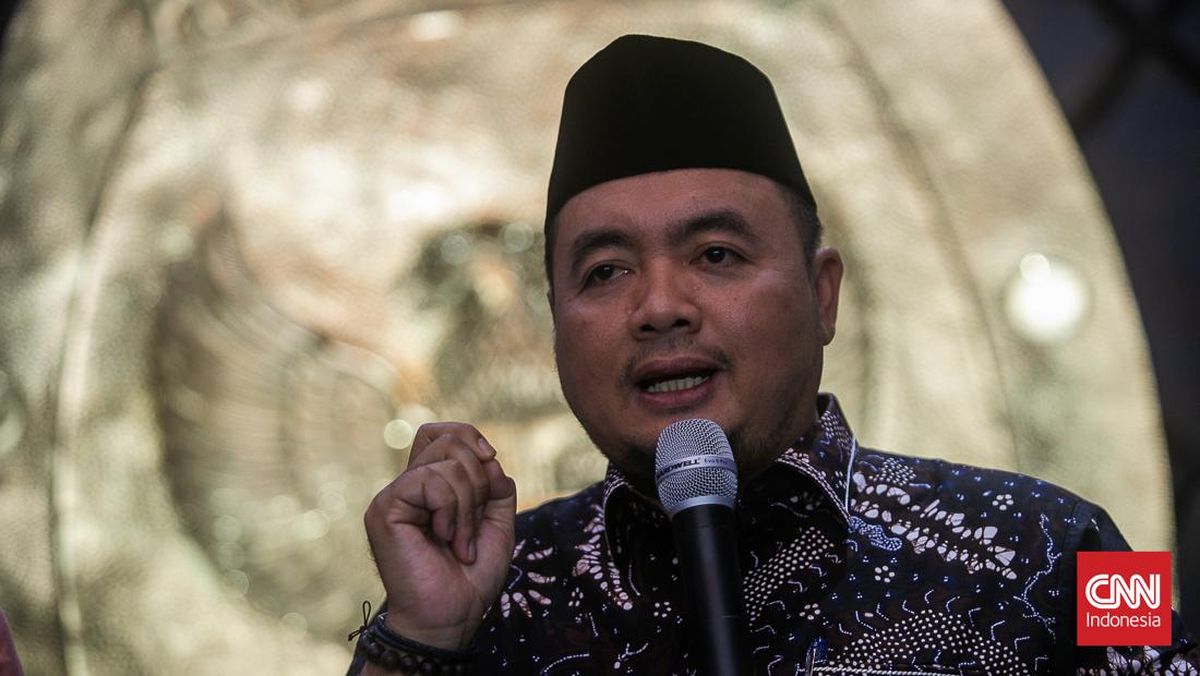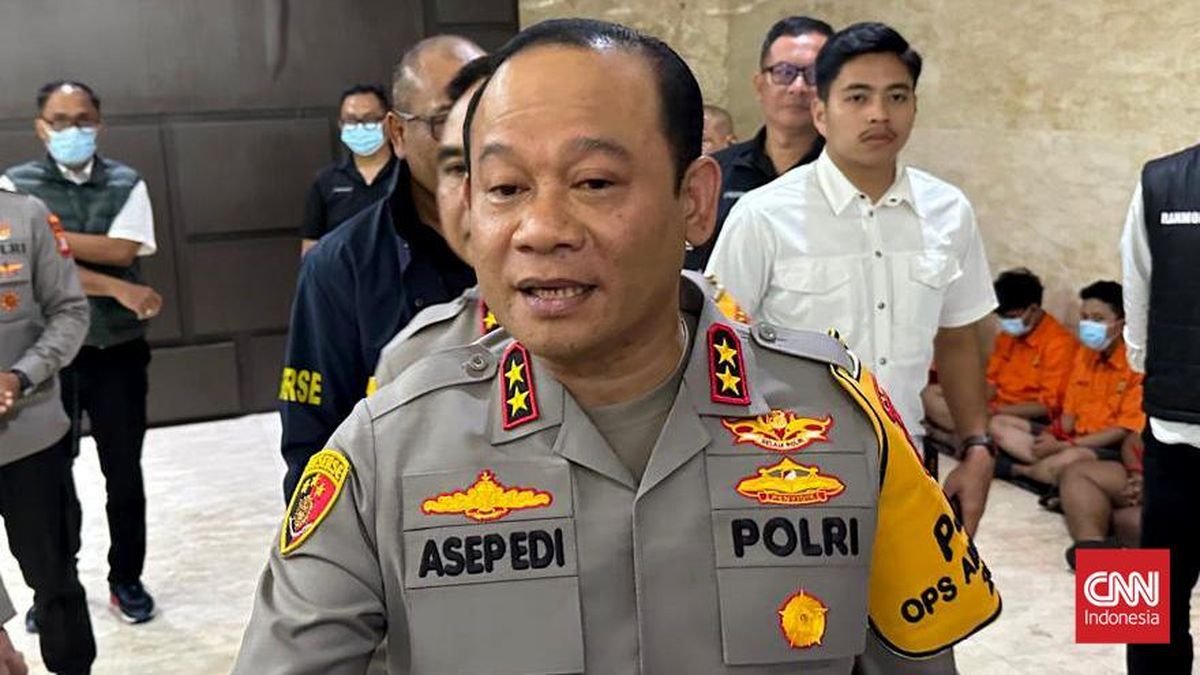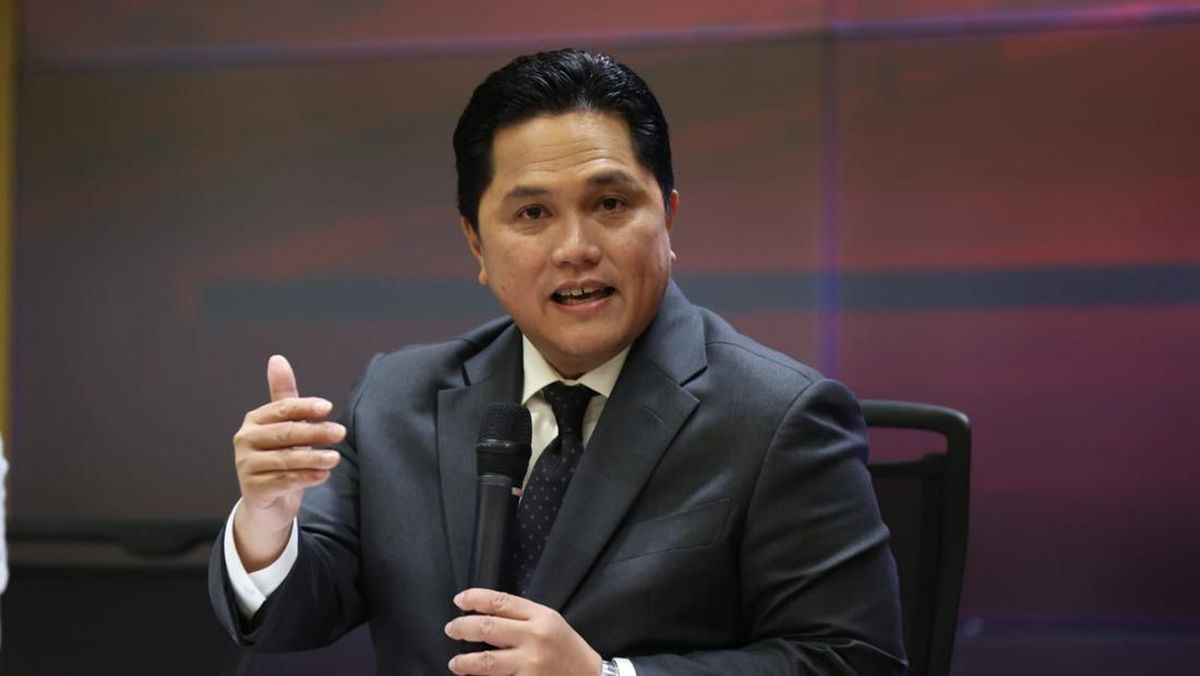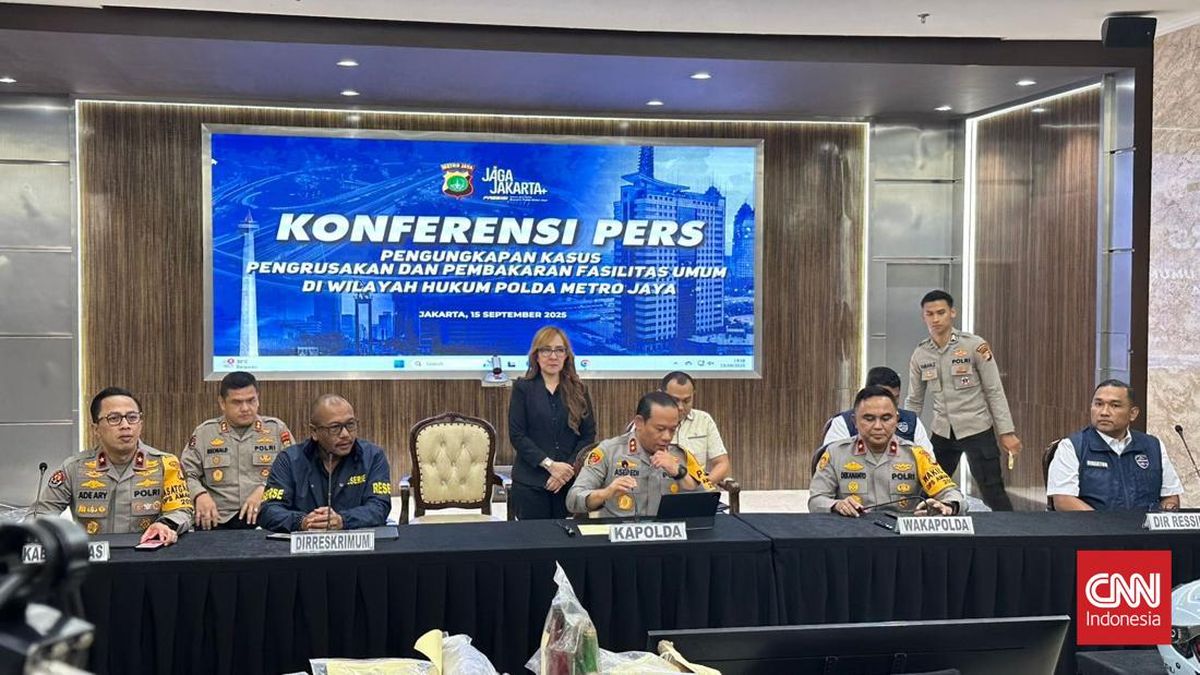Opinion
September 11, 2025 — 5.00am
September 11, 2025 — 5.00am
Treaty is here. It has taken decades, yet arrived in a rush. It is no longer an aspiration or a debate, but a negotiated agreement, set out in black and white, for black and white, missing only the final, ceremonial signatures on behalf of the state and Victoria’s First Peoples.
Ngarra Murray, one of the First Peoples’ Assembly co-chairs who helped negotiate the treaty agreement with the Victorian government, says she felt heavy with emotion, watching from the public gallery of state parliament, as Premier Jacinta Allan this week introduced the enabling legislation.

Aunty Jill Gallagher is comforted by First Peoples’ Assembly co-chairs Rueben Berg (left) and Ngarra Murray (right) as treaty legislation is introduced to state parliament.Credit: Justin McManus
She later walked with her brother, Djaran Murray-Jackson, to a corner of the parliamentary gardens, where twin statues of their great-grandparents Sir Doug and Lady Gladys Nicholls stroll arm-in-arm. Sir Doug was a league footballer, pugilist, pastor and one of his generation’s most prominent advocates for Aboriginal rights; Lady Gladys a community activist who campaigned for the 1967 referendum.
“I was thinking of the many generations who fought for recognition and justice,” Murray says. “This moment speaks to resilience and survival, and gives hope for a future built on mutual respect, truth and shared responsibility.
“For trailblazers like my great-grandparents, treaty is the vision they carried, affirming First Peoples’ rights, resetting this nation’s foundations and healing its heart.”
Murray’s fellow co-chair, Rueben Berg, was also in parliament to witness something his father, Jim Berg, a Gunditjmara elder, poet and land rights campaigner, had talked about for as long as he can remember.

Treaty is here. From left to right: Ngarra Murray, Premier Jacinta Allan, Rueben Berg, Minister for First Peoples and Treaty Natalie Hutchins.Credit: Justin McManus
Berg and Murray were sitting either side of Aunty Jill Gallagher, a tireless Gunditjmara woman who, at the age of 70, has been the chief executive of the Victorian Aboriginal Community Controlled Health Organisation for 24 years. Gallagher previously served as the Victorian Treaty Advancement Commissioner.
As the premier delivered her speech, Gallagher thought about her mum – who reached the age of 99 two weeks ago – and of elders who didn’t live long enough to see treaty and the extraordinary feat of the First Peoples’ Assembly in not only reaching historic agreement with the state government, but getting their own mob over the line.
There is a part of Berg, even when he was haggling with government officials over the final wording of the agreement, who doubted whether Victoria, or indeed any Australian state, would ever take this step. He now feels an overwhelming sense of responsibility to make sure that all the well-intentioned commitments within the agreement add up to meaningful change for Aboriginal lives.
“It is now going to happen,” he says. “We have got to get to the work of making sure it is going to be effective and efficient as possible, that it is actually going to deliver on what it is supposed to do.”
On this, Gallagher firmly agrees. “If we can demonstrate that it does make a difference, it does work and it was the right thing to do, I think all of Australia will be a better place,” she says.

Aunty Jill Gallagher described the realisation of treaty as surreal.Credit: Jason South
This is the shift we need to get our heads around. Treaty is not a proposed policy or an election promise, it is done.
When debate on the legislation resumes in the state parliament later this month, there will be plenty said but no substantive changes to the governance structure it will establish, known as Gellung Warl, to give Aboriginal people more say over government policies that affect them and their own affairs.
It is a fundamental reset of rights and responsibilities. Greater self-determination for Aboriginal people also means greater Aboriginal ownership of problems – disproportionately higher jobless rates, infant mortality rates, suicide rates, incarceration rates and children in out-of-home care – which have frustrated governments for years.
Not all Aboriginal people are welcoming this change.
Nyunggai Warren Mundine told the Herald Sun that treaty was “probably the worst nightmare our parliamentary system has been hit with” and a referendum was needed to decide the matter. Senator Jacinta Nampijinpa Price said Gellung Warl was being imposed on Victorians without consultation or consent.
Mundine and Price were highly influential in the campaign against the Voice referendum, but they don’t speak for mob in Victoria.
A defining characteristic of Victoria’s treaty is that it does not impinge upon parliament’s sovereign power to make laws or the government’s capacity to govern. On this, the legislation is explicit.
Loading
Kevin Bell, a former Supreme Court judge who served on the Yoorrook Justice Commission, says that instead of requiring change to the Constitution, Gellung Warl draws on established processes and mechanisms within Victoria’s democratic framework.
“We can hold in our mind two ideas – that consultation and participation by First Peoples needs to be significantly increased and that should be done whilst protecting constitutional principles we hold dear,” Bell says.
If, as a Victorian voter, you feel ambushed by treaty, you haven’t been paying attention.
The Andrews government first announced in March 2016 that it was working towards greater self-determination for Aboriginal people and treaty.
It passed legislation in 2018 to advance the treaty process and in 2022 to establish a treaty authority. The First Peoples’ Assembly was created to negotiate treaty and the Yoorrook Justice Commission to inform it. Formal negotiations began last November.
The Victorian government, having promised treaty, was re-elected in 2018 and again in 2022. Treaty was bipartisan policy in Victoria until the referendum result prompted the opposition to withdraw its support at the start of last year.
Treaty will be decried as a Victorian Voice, a third chamber of parliament and a threat to our democracy. It is none of these things. But it is here. That in itself, is quite a thing.
Chip Le Grand is state political editor.
The Opinion newsletter is a weekly wrap of views that will challenge, champion and inform your own. Sign up here.
Most Viewed in Politics
Loading

